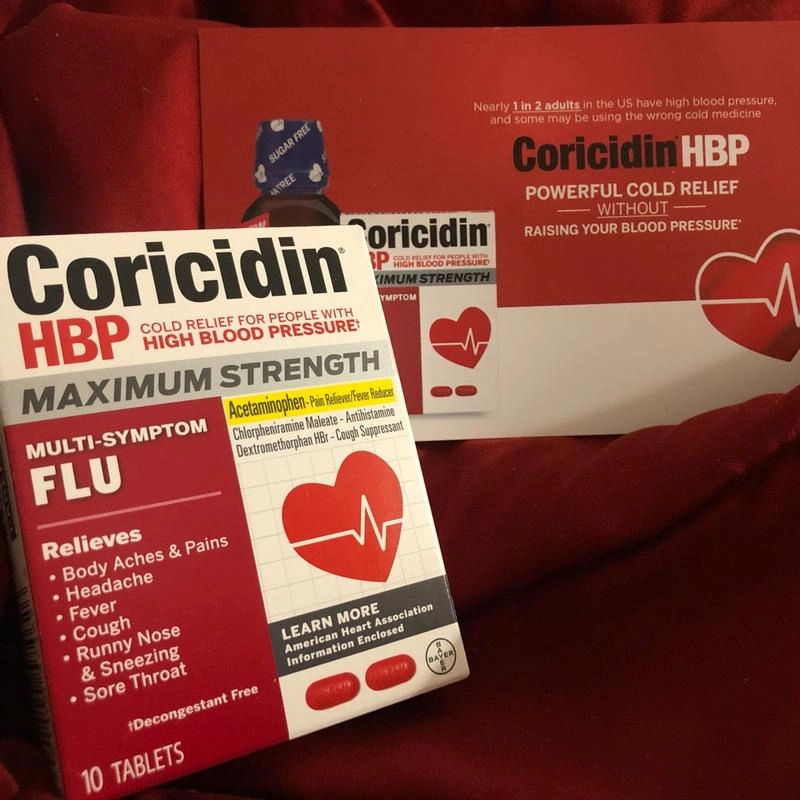Throughout our lifetimes, the majority of us will either have undergone surgery ourselves or know someone who has. There are risks associated with everything in life. Low blood pressure following surgery is one of those hazards.

Postoperative hypotension is the term for this condition. You will have a thorough understanding of blood pressure, postoperative hypotension’s primary causes, and its management by the end of this article.
Understanding Blood Pressure
Blood pressure is a measurement of the force exerted on blood vessel walls by the heart as it circulates blood throughout the body. There are two numerals in the reading:
- Your heart’s pressure during a contraction is known as your systolic blood pressure. The highest number
- The pressure at which your heart relaxes is known as diastolic blood pressure. The bottom number
Millimetres of mercury (mmHg) are used to measure blood pressure. A person with a measurement of 120/70 mmHg, for instance, would have a systolic pressure of 120 and a diastolic pressure of 70.
Blood pressure is often measured using two devices. A digital blood pressure monitor is the first. These are simple to use independently and can identify variations in the volume of blood in the arteries. In patients with certain heart rhythm issues or hardened arteries, they may be imprecise.
The sphygmomanometer is the second. Doctors use this more frequently, but it requires more ability to utilize. A sphygmomanometer consists of three components:
- A cuff that is inflatable,
- A pressure meter, or manometer
- A stethoscope.
Additionally, ambulatory blood pressure monitoring is available. Wearing a cuff that is connected to a portable measurement instrument is required for this. In order to better assess blood pressure measurements, this gadget is used to determine whether blood pressure varies significantly over a 24-hour period.
This is due to the fact that blood pressure varies according to your activities. For instance, it is totally normal to experience elevated blood pressure for a brief period of time after engaging in intense physical activity during specific times of the day. After that, your blood pressure gradually drops again.
To get an accurate picture of a person’s blood pressure, it should be taken at many times during the day and night over several days. Find out where you fall into:
- High blood pressure: 140/90 mmHg or over
- Pre-high blood pressure: 121/81 – 139/89 mmHg
- Normal blood pressure: 90/60 – 120/80 mmHg
- Low blood pressure: Below 90/60 mmHg
Low Blood Pressure After Surgery
Common Causes
For many ailments, surgery is a remarkable medical intervention. However, postoperative hypotension is a risk that comes with surgery. This disorder has three primary causes.
- Anesthesia: During surgery, anesthetics are medications that put and maintain your sleep. Your blood pressure may be affected by these medications. Both as the medicine is putting you to sleep and after it wears off, changes may occur.
- Hypovolemic shock: This condition is brought on by a significant loss of blood or fluid. During surgery, significant blood loss may occur.
- Septic shock: Sepsis is a condition in which fluid seeps into other tissue from the walls of your blood vessels due to an infection. The infection may be viral, bacterial, or fungal.
Symptoms
- Light-headedness or dizziness
- Feeling sick
- Blurred vision
- General weakness
- Confusion
- Fainting
Risk Factors
- Intraoperative hypotension: Usually brought on by anesthesia, this refers to low blood pressure during surgery. Intraoperative hypotension raises your chance of serious postoperative problems, according to studies.
- High-risk blood clot: As previously mentioned, a heart attack is one cause of postoperative hypotension if you are at a high risk of developing blood clots.
Managing Low Blood Pressure After Surgery

Medications
Medication and close observation will be used to treat postoperative hypotension. Other drugs are used in conjunction with vasopressors and intravenous fluids; however, the other medication utilized will depend on the reason for the postoperative hypotension.
- Vasopressors are a class of medication used to narrow blood arteries, increasing the force of your heart’s contractions. When a patient is in shock, this is frequently administered. The blood pressure rises as a result.
- To prevent or treat dehydration, specially prepared liquids known as intravenous (I.V.) fluids are administered into a vein via a tube. This is frequently administered to hospitalized patients since dehydration is a common side effect of illness and surgery.
- Albumin and other larger molecules are found in colloids, another kind of fluid.
- Additionally, if sepsis is the reason, antibiotics will be administered. It’s critical to treat this in addition to low blood pressure.
Home Remedies
- After spending a lot of time sitting or lying down, carefully stand up.
- Lift your bed’s head by 15 cm.
- Eat frequently and in modest portions.
- Increase your intake of electrolytes and fluids.
Lifestyle Changes
- Limit the amount of time you spend sitting or standing.
- Avoid making abrupt posture adjustments.
- Stay away from caffeinated beverages at night.
- Limit your intake of alcohol.
Complications
Postoperative hypotension in critical care has been linked to an increased risk of renal and cardiac damage, according to studies. Acute renal damage is one possible outcome of this.
This occurs when the kidneys are not working correctly, which leads to electrolyte imbalances and the inability to eliminate waste materials. Blood clots, which can result in a heart attack or stroke, are one of several heart issues that can arise.
When to Seek Medical Attention
If you are suffering severe symptoms, you should visit a doctor:
- Unconsciousness
- Perplexity
- Blue or Pale Skin
- Breathing Difficulties
- A Fever
- Pain in The Chest
This is due to the fact that one or more of these symptoms can accompany a number of medical situations that result in dangerously low blood pressure.
Summary
A variety of factors can lead to postoperative blood pressure following surgery. Fortunately, if this occurs, you will probably already be at the hospital, allowing medical professionals to treat you promptly.
There are at-home treatments you can employ if your blood pressure stays low after you get home. You should schedule a check-up with your healthcare practitioner if things don’t get back to normal.






